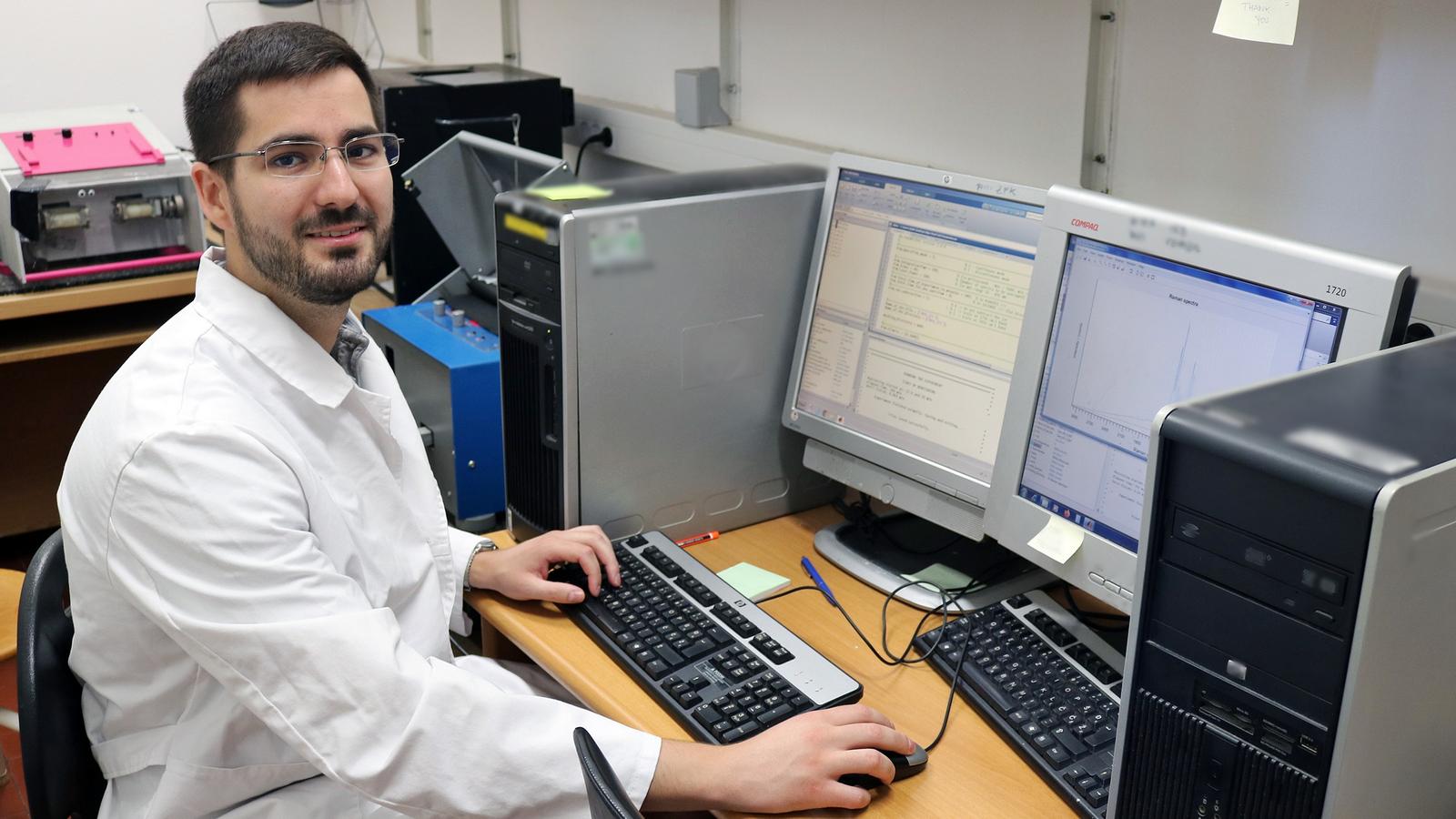Mechanochemical synthesis by milling is used today to prepare all classes of compounds and materials. It is a simple, fast and more environmentally friendly alternative to classical solution synthesis, that greatly reduces the use of solvents and waste generation because the reactions take place in a solid state without solvents and are driven by the input of mechanical energy.
However, in order to bring mechanical energy into the system, the solids are placed in reaction vessels made of various metals such as steel, as well as clear plastic. Ball mills are then added with the solids, and the mill vessels are then placed on specialized mills where they oscillate at high frequencies.
''Although mechanochemical synthesis by milling is becoming more and more popular and widespread, the way in which reactions take place in such closed reaction vessels makes it impossible for us to monitor chemical and physical processes. Namely, in the past, the chemical reaction was often monitored by stopping the milling and opening the reaction vessel, and then taking a small part of the sample from the vessel for analysis. However, stopping milling does not necessarily mean that this chemical reaction is complete, which means that monitoring chemical processes in this way does not always give good results,'' explains Dr. Stipe Lukin from the Croatian research team.
In order for scientists to understand how and why a particular reaction occurs in the solid state, it was necessary to devise a way to successfully monitor these processes during milling, without the need to stop the experiment. This is exactly where the scientists from the Ruđer Bošković Institute are among the best in the world.
Namely, it was this group of chemists from the Croatian Institute who developed a method for successful instantaneous monitoring of mechanochemical reactions, such as synchrotron X-ray diffraction on a powder sample or laboratory techniques of Raman spectroscopy.
In this paper, Dr. Stipe Lukin, and his colleagues Dr. Ivan Halasz and Dr. Krunoslav Užarević have described in detail the method based on Raman spectroscopy that they developed at the Institute.
''Our Raman spectroscopy method uses a laser that passes through a clear plastic reaction vessel during the reaction allowing us to collect spectroscopic data. With this method we can monitor the formation and disappearance of various chemical bonds, and identify the newly formed products during the reaction. In this way, we can gain deeper insights into the reaction mechanisms and find out why and how reactions take place, '' explained Dr. Lukin and further stated that although Raman spectroscopy was an essential technique of process analytical technologies used in the chemical and biopharmaceutical industry for uninterrupted monitoring of manufacturing processes, it has not yet come close to realizing its full potential.
Dr. Lukin believes that publication of this paper is important, because it could enable the implementation of this method in other laboratories around the world.
This could eventually result in the expansion of results that deal with the mechanistic aspects of mechanochemical reactions, concluded Dr. Lukin.


